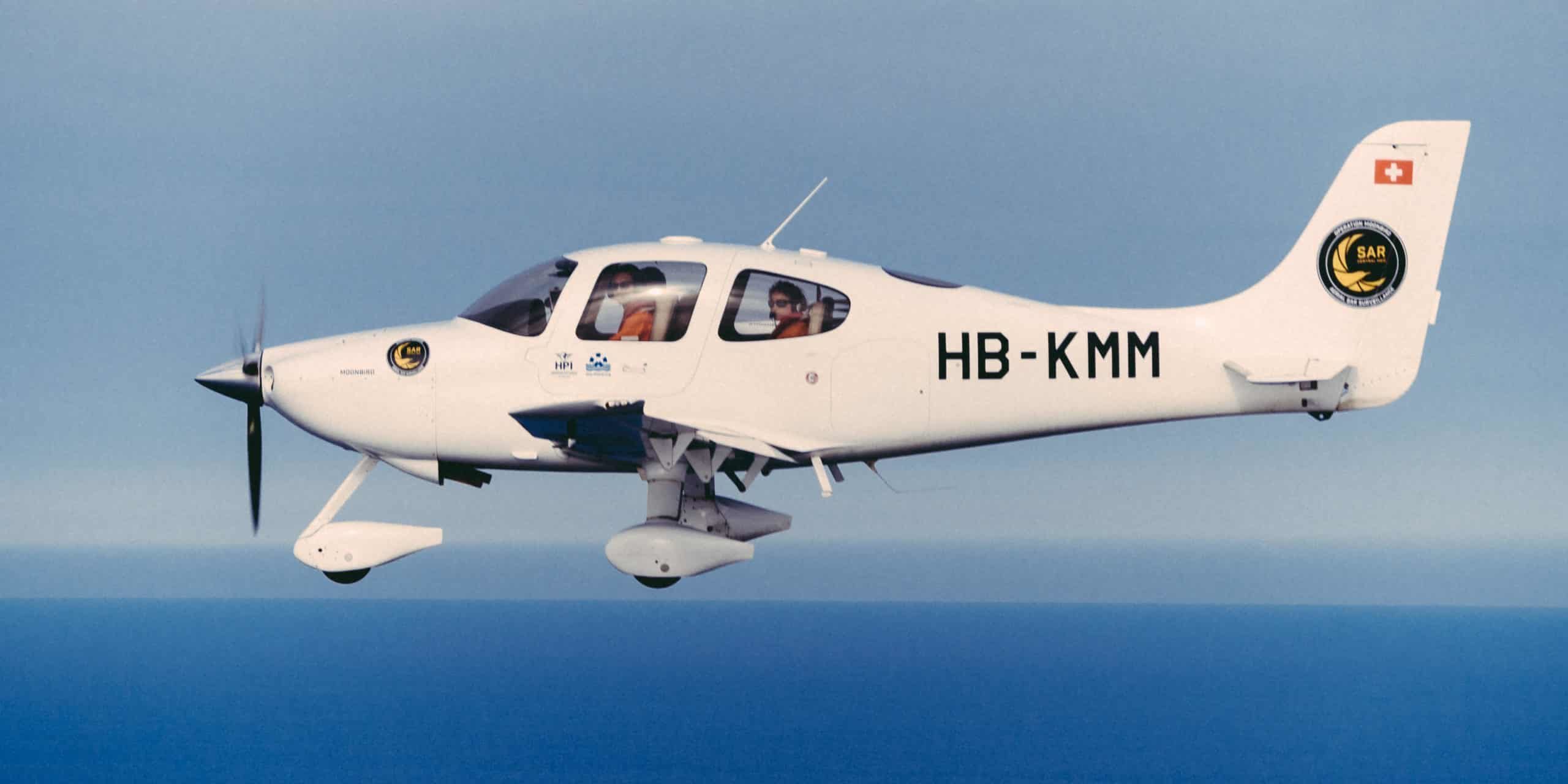Sea-Watch continuous air reconnaissance mission: at least 17 emergencies with more than 750 castaways within five days
This week alone, our aerial reconnaissance mission registered 17 distress cases. While some boats in distress were rescued by the rescue ship Ocean Viking of the organizations Doctors Without Borders and SOS Mediterranee, at least 3 cases could be documented in which the so-called Libyan Coast Guard dragged people back to Libya on behalf of the EU contrary to international law. Italian and Maltese authorities also took part in rescue operations, but the crew of the Sea-Watch SAR aircraft Moonbird witnessed how Maltese authorities dangerously and unnecessarily lengthened a rescue in their area of competence and sent a helicopter for air reconnaissance instead of immediately initiating a rescue. “Our crew is at the limit of their strength. Especially the cooperation with the authorities is exhausting and costs an infinite amount of time because even in acute danger for human lives political instructions to the rescue control centers hinder efficient cooperation with us. This cannot go on like this,” says Neeske Beckmann, Head of Mission of Sea-Watch Air Reconnaissance.
Yesterday, members of the coast guard shot a migrant at the Abusitta disembarkation point in Tripoli. According to IOM, the armed men fired into the air as several people tried to run away from their guards to escape repatriation to the infamous Libyan camps. The man, part of a group of people previously intercepted by the coastguard and dragged back to Libya, was shot in the stomach and died two hours later.
Real solidarity is unconditional: Little hope at EU interior ministers’ meeting in Malta
On Monday, the interior ministers of Italy, Malta, France, and Germany meet in Malta to decide on a temporary distribution mechanism, cancellable at any time, for migrants* rescued in the Mediterranean. Sea-Watch is critical of the meeting, as so-called “ad hoc” distribution mechanisms have often not worked in the past, many of those who should have been distributed long ago are still in Malta or Italy. In the case of Carola Rackete and the Sea-Watch 3, for example, the ship could have landed much earlier and authorized if German Minister of Interior Seehofer had agreed to unconditional admission. Germany, however, insisted on pre-screening.
“Real solidarity is unconditional, the people must be distributed immediately upon arrival,” says Sea-Watch Head of Advocacy Sophie Scheytt. “The EU must now do everything in its power to implement a migration policy based on human rights together with the Italian government. The humanitarian crisis and the situation of civil sea rescue in the Mediterranean will only change if not only Italy but also Europe moves. We are tired of the empty promises of an EU that is only willing to make half-hearted promises where public pressure is high enough. An unconditional distribution of the rescued must put an end to the unspeakable haggling over landings on the backs of people in need. Seehofer must demand that the Italian government release the 6 confiscated rescue ships immediately.”
“If the EU itself does not send any ships, it must at least ensure that volunteers can step in and do their work undisturbed where the states fail”, says Scheytt. “Unfortunately, the EU is not at all interested in implementing human rights at its external border. Not only does it support the so-called Libyan Coast Guard in the case of push-backs contrary to international law, it even prioritizes them. The reconnaissance planes of the Sophia mission repeatedly delay the transmission of information to rescue forces so that shipwrecked persons are not rescued by an NGO but returned to Libyan torture camps. The EU is thus complicit in crimes against humanity. This practice must also end immediately.”
Solutions have long been on the table: more than 90 cities in Europe have declared themselves “safe havens” and are prepared to accept more people than officially assigned. Besides, according to surveys, a majority of Germans are in favor of civil sea rescue, which naturally includes bringing people to a place of safety. Sea-Watch calls on the EU states no longer to ignore the receptiveness and solidarity of their population and to put an end to the blockade of civil sea rescue.











